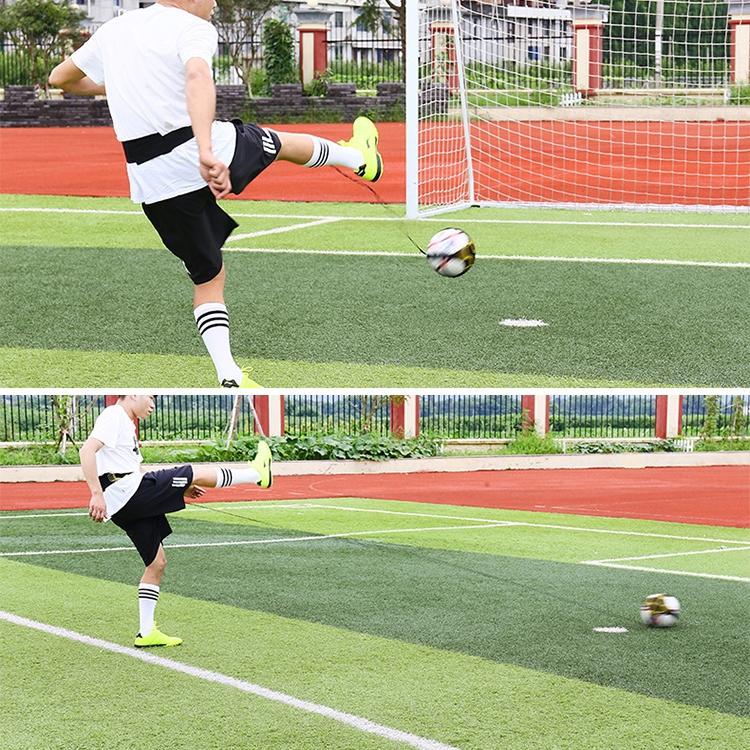
The 2010 Super 14 season started in February and finished on May 29. Each team played round robin matches against 13 other teams over three and a half months. This year's schedule also included a record number of referees, with at least eighty percent of games refereed by Merit Panel referees.
To measure performance, the studies used several indicators, such as turnovers, points, tackles made or kicks out, to evaluate their performance. These indicators were examined in both offensive and defense situations. However, most studies were focused on attacking-related variables.
Studies have shown that teams with more wins are less likely not to make tackles. This could be due to rule changes favoring a defensive team during breakdown situations. Other variables that contributed to success were higher averages of carry metres, lineout success with opposition ball, clean breaks, and more.

Some studies show that point scoring is not directly related to match outcomes. However, these were based on results from national or lower level competitions, and did not include data on collective team behaviour or multiple confounding factors. It is hard to determine the relationship between performance and point score and draw any conclusions regarding its importance in rugby.
Another study looked into the relationship between performance levels and tackle contest events. These are measures for defence. This showed that tackles were more likely to result in a win for the winner. Although some studies did not find conclusive results, they were able to establish a positive correlation between turnovers and points scored.
K-modes cluster analysis was used to identify common playing patterns, such as plays that follow lineouts and scrums. These patterns emerged from the physical constraints of the game, as well as self-organising interactions between players.
Pretoria's Bulls have been the most consistent tournament team. They have won 14 consecutive home matches and are unbeaten since 2012, when they won the title. Their forwards are quick and can burn out far. Despite their record however, the Bulls are not performing to their full potential. They are not the side that can rescue a slump at elevation.

The Hurricanes are a formidable side, but they still haven't shown their full potential. Nevertheless, they will lose in Christchurch. But they will have All Blacks centre Conrad Smith and test halfback Piri Weepu back, and the combination is a strong one.
The Cheetahs are a solid team on their day, but will have to overcome the loss of star forward Heinrich Brussouw. Juan Smith is their coach and they haven't been as popular as the Stormers. They've been much better in recent years and should be able to beat the Sharks.
While the Waratahs have a solid team on their day, they want to win with a bonus score. This should guarantee a place at the semi-finals.
FAQ
Why do people enjoy extreme sports?
Extreme sports are enjoyed by many people for many reasons.
First, they provide thrills.
Extreme sports are secondly exciting. They can sometimes be scary and unpredictable.
Third, they allow people to push their limits. You never know what the next thing will bring!
Fourth, they allow people to get away from everyday life.
Fifth, they allow people to express themselves through original forms of art. Extreme sports include surf carving, which is an artistic expression.
They help people stay fit. Many extreme sports are good for your body. Skydiving is a great way to improve coordination, balance, strength, and coordination.
Finally, extreme sports are fun. It's fun to be part of a group and have a good time, especially when everyone has a good time.
Why is extreme sports growing in popularity?
Extreme sports are becoming more popular because people want to have fun. They enjoy being part in something special.
They like taking risks and seeing just how far they can push themselves.
People also enjoy watching others do their stunts.
Another reason for the increase in popularity is that extreme sports are now available in places that weren't before. Indoor skydiving can be done in many cities. International companies offer bungee-jumping.
How is parasailing different from parachuting?
Para-gliding involves using a harness that is attached to a small sailing sail to fly above the earth. The harness lets you fly. It keeps you safe when you're falling through the air.
Flying is easy with no equipment. Simply attach yourself to your sail. Next, take off. As you ascend, the wind pushes against your sail. This forces the sail to lift you.
You glide along the ground and keep moving forward. Your momentum keeps you moving forward until you reach a cable's end. The cable ends and you are free to let go of your grip, and then you fall back to Earth.
When you're ready to start again, reattach yourself to the sail.
The sport of parasailing is growing very fast. 2013 saw more than 1,000,000 people partake in parasailing. It's nearly twice as many people did it in 2013 than in 2008.
Is it an extreme sport to play football?
It depends on who you ask. Millions of people play football all over the world for thousands of years. Many people argue that football is not a sport, but entertainment. Others argue that it is a similar sport to any other. Some even believe it is the ultimate sport.
Truth lies somewhere in-between these extremes.
Football is an extreme sport. But it's also a game that requires teamwork, strategy as well as skill and ability to manage speed, strength, stamina and power.
Statistics
- Landscaping and grounds-keeping— according to government labor statistics, about 18 out of 100,000 workers in the landscaping industry are killed on the job each year. (rosenfeldinjurylawyers.com)
- Based on the degree of difficulty, the routine is scored on form and technique (50 percent), takeoff and height (20 percent), and landing (30 percent). (britannica.com)
- Nearly 40% of all mountain bikers have at least graduated from college. (momsteam.com)
- Nearly 98% of all "frequent" roller hockey participants (those who play 25+ days/year) are male. (momsteam.com)
- According to the United States Parachuting Association, about 21 people die yearly from skydiving. (livehealthy.chron.com)
External Links
How To
How do I learn to skateboard
Skating is a sport that requires you to use your feet on snow or ice. Skating can be done alone or with friends. It is a sport that requires balance and coordination. It is important to know how to stand tall on the boards. You can then practice balance by moving forward and reverse. Then, jump off steps or ramps. These skills will allow you to skate faster and further than ever before.
Here are some tips to help you get started in skating.
-
Decide what type of skates to purchase. There are many types of skates: inline skates and roller blades; speed skates; figure skates; etc. You should choose the right type of skates based on your level. Inline skates, roller blades, and speed skates are ideal if you just want to give them a go. Figure skaters will prefer boots that provide support during performance.
-
Buy proper equipment. The purpose of your gear selection will depend on whether it is for competitive events or simply to enjoy skating in the park. If you plan to compete, make sure you choose skates that fit well, offer excellent stability, and are made of durable materials.
-
Try new techniques. It is important to practice any skill. Don't wait to master a skill before you try it. Instead, practice simple moves like walking backward, sliding sideways, spinning, etc. This will help you not feel intimidated when you try harder maneuvers.
-
Keep learning. Don't expect to become skilled overnight. The best skaters spend years honing their craft. They never stop learning. Remember that there are many methods to improve your technique. Take lessons at a local rink. Or, watch videos online.
-
Be patient. Don't panic if you still have trouble with a difficult maneuver. Keep practicing. Eventually, you'll develop the confidence needed to perform advanced stunts.
-
Have fun. Skating is great for beginners, as it doesn't require expensive equipment and requires little training. It's also great fun!